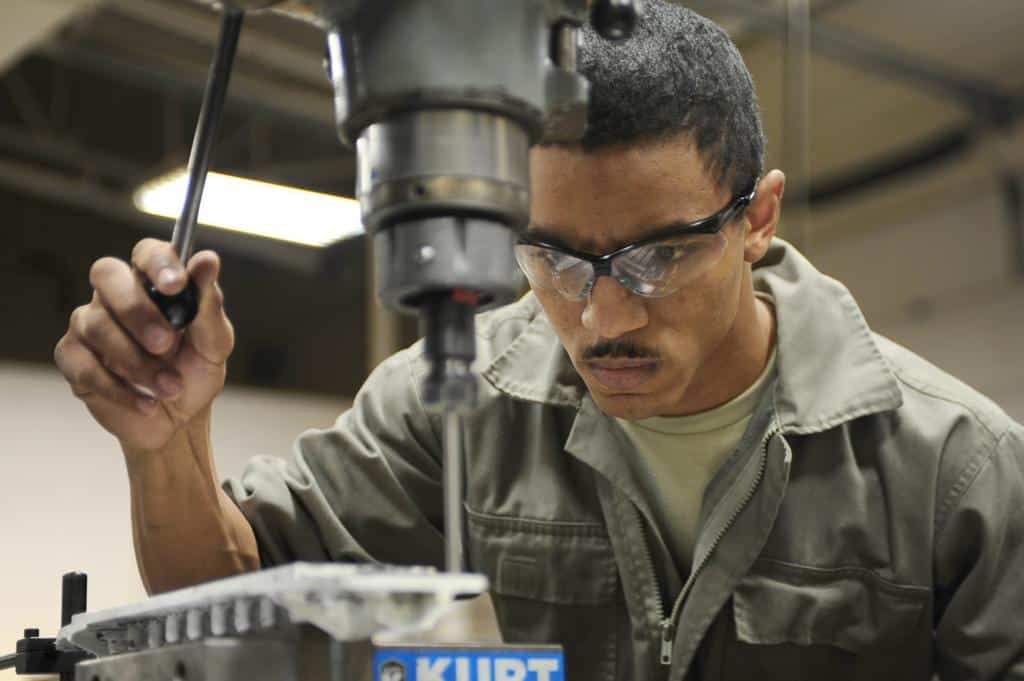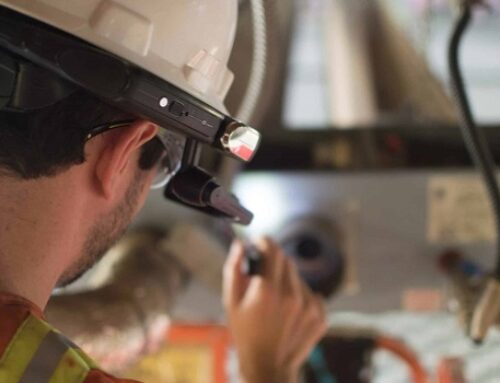
Industry 4.0 is characterized by the mass integration of connected technologies. The latter is obviously invited to decision-making and design positions, but they are also essential in the field, with the men and women who are in direct contact with the machines. Through this accelerated modernization of the various workstations, operators are therefore at the centre of industry and manoeuvring, whereas until relatively recently, the trend was mainly towards the pure and simple replacement of the human being by automated devices.
New technologies are redefining the role of the operator
The automation and computerization of workstations was seen as both a boon for field employees and a danger. Machines and software helped to relieve them of certain painful, daunting, even dangerous tasks, but at the same time, they came to replace them and therefore called into question their presence in the factories, significantly surpassing them in terms of efficiency, speed of execution and data analysis.
Today, while it would be somewhat naive to think that modern technologies do not eliminate workstations that were intended for humans, it must be said that they are nevertheless redefining the roles of operators by bringing them closer, once again, to the heart of the industry.
The latest hardware and software tools no longer intend to supplant the human factor, which will always remain at the heart of any organization, whatever their degree of sophistication, but are more at its service.
Digitization takes place in the field
The digitalization of information is one of the main developments characterizing industry 4.0. Today we are talking about Smart Industry, an organization in which a preponderant and ever-larger part of the plant’s components is digitized and connected, with the aim of promoting a faster, more secure exchange of information and with ever-increasing volumes.
This transformation is accompanied by an important evolution, which is that systems previously designed and oriented mainly towards engineers and decision-makers are now designed to enable operators to be more efficient and effective in their respective jobs while benefiting from improved working conditions.
More and more companies are providing their men and women in the field with mobile supports to support them in their work. On their tablets and other terminals connected to the company’s system, they have important information about their mission. In addition to the digitization of technical documents, this also includes operating procedures, historical elements and tools for communication with other workstations and departments.
To exclude or reduce the human factor to its simplest expression in the world of the industry would be both unrealistic and unthinkable. Human intelligence will always be needed to support, monitor, feed and operate the means of production, however advanced they may be. By taking into account the specificities and requirements of these new generations of designers, managers and operators who invest in it, industry 4.0 is gradually revaluing field staff by placing them among the key elements of the company’s strategy.
About digital work instructions
Digital work instructions are the operationnal documentation of the Smart Factory ! Do not hesitate to ask for a demo of the Picomto solution.




Leave A Comment